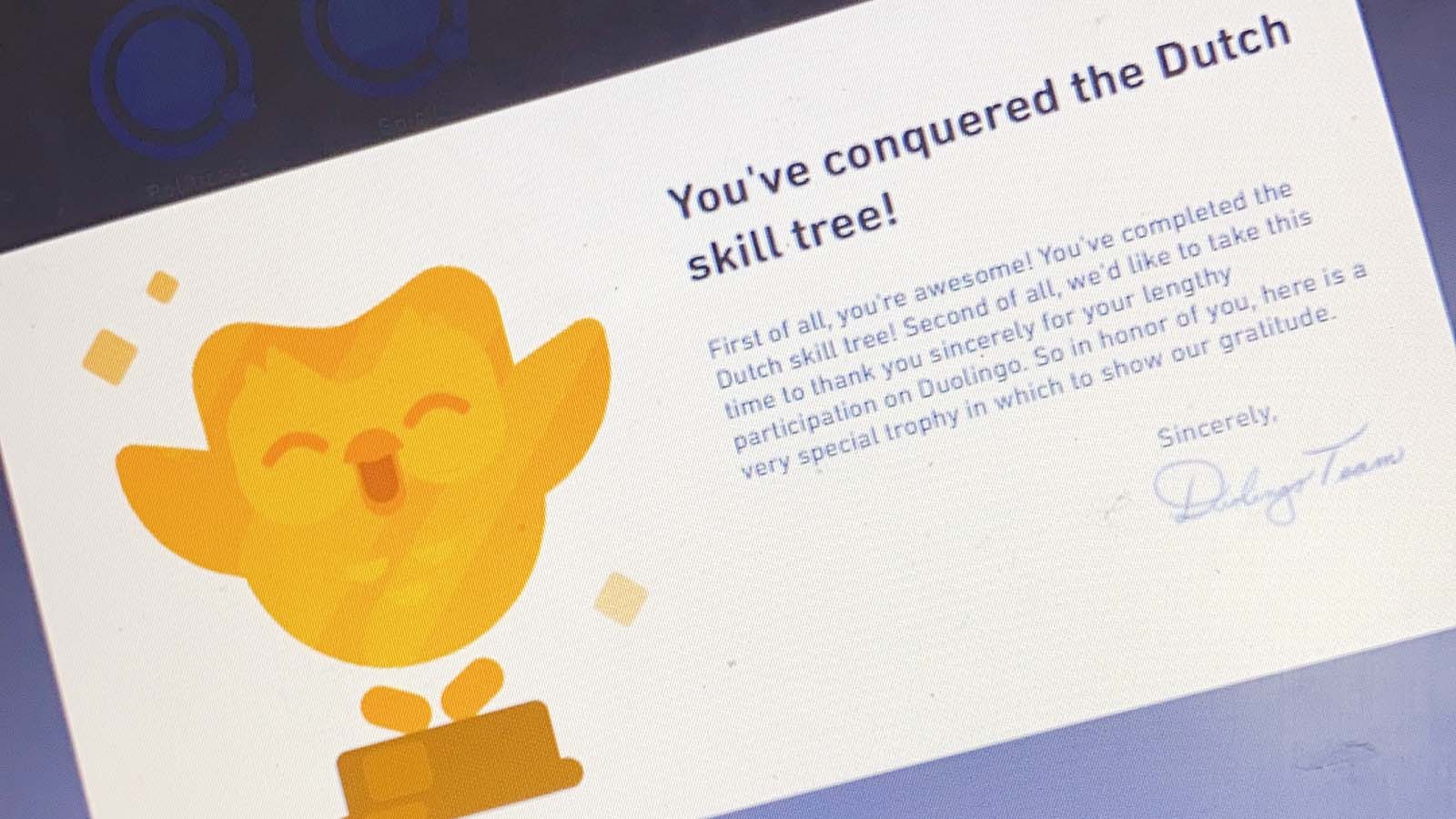3. Research placements
If you're starting to get an idea about the sort of placement you'd like, start browsing for what’s actually out there. You'll be given a list of different career websites where you can search for upcoming placements, and it's always good to have a look at what was offered for the previous year, to see what kind of jobs are available and when they were first offered. This means that you can be prepared for when they start to open for the next year's intake. Add these websites to your Favourites in your browser, so you've got them ready. Trust me, it will make the process a lot easier.
Identify potential placements
The second year has begun and you need to start applying for placements. At first, it might seem a little frightening, but the important thing is to start as early as you can, to give yourself time to manoeuvre.
You should already have a basic application ready, as well as an idea of the placements you like and when they might be offered. Depending on the industry you're looking at, placements start to appear at different times. Big business companies, for example, which offer specific placement year schemes, tend to offer from the September of your second year, with a start date of the following year. With your career websites saved in your browser, make sure to check them regularly to see which placements are available, and then apply for them as quickly and professionally as you can.
However, some industries may take a little more time. For example, I was initially considering a placement year in the publishing industry, but these placements are far more limited and tend to only be offered from the March-April of your second year. In this instance, it's important not to panic! If you're interested in a placement that hasn't been offered yet, but your friends on other courses might already be making applications, there's no need to stress. Remember, you usually have until August before the start of your placement year to find your job, so there's plenty of time.






